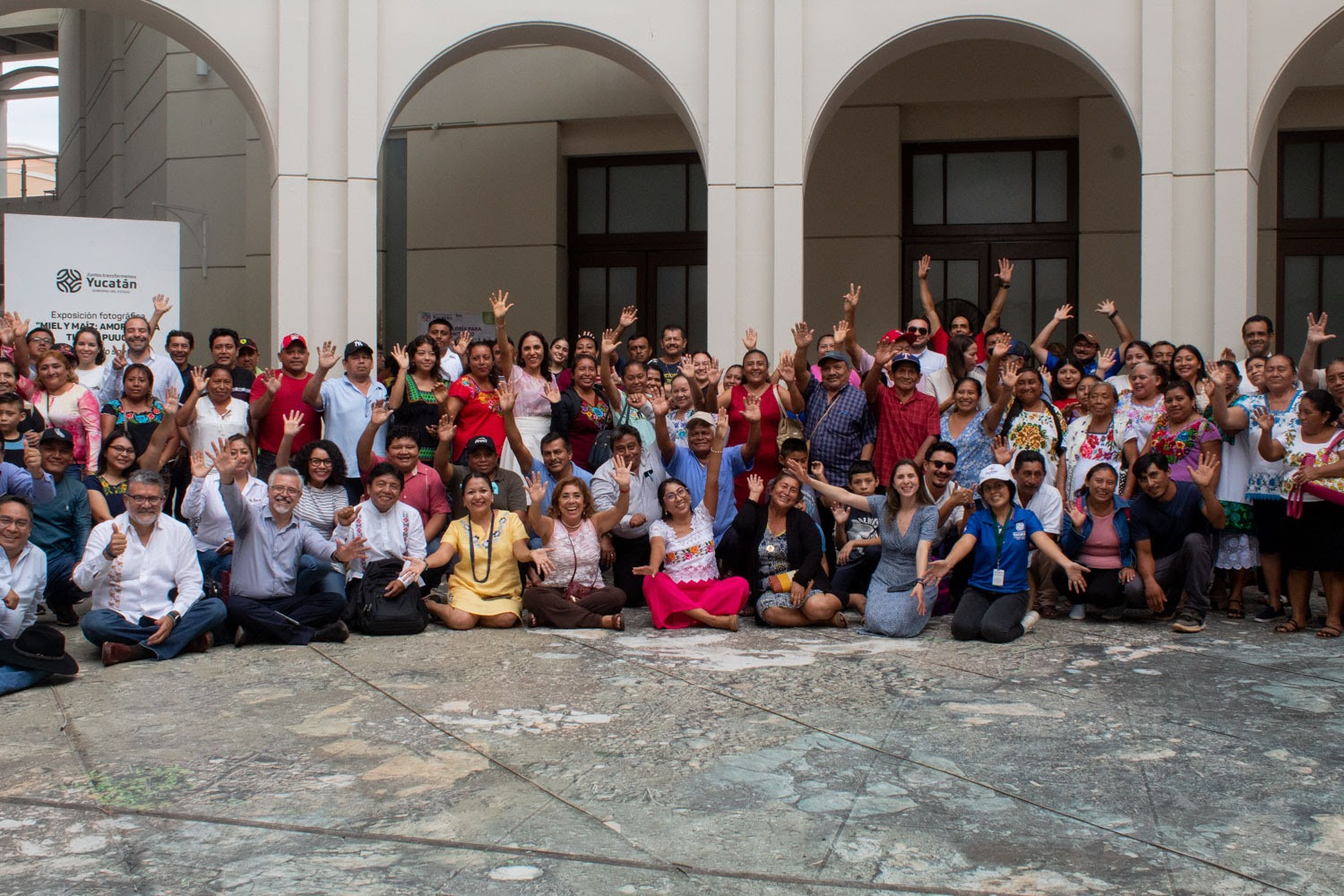The Governors Climate and Forests Task Force continues to carry out partnership actions in Mexico. For August, we’re focusing on the EcoGan responsible ranching label in Chiapas and the results of the GCF Task Force Innovation Financing Window B projects implemented in Yucatan (productive activities such as the Mayan milpa and beekeeping) and Jalisco (sustainable livestock ranching through intensive silvopastoral systems).
Please see here for the full August newsletter from our Coordinating Partner in Mexico, Pronatura Sur, outlining these important and ongoing efforts. See below for the English Translation.
Presentation of the EcoGan responsible cattle ranching label in Chiapas
On August 17, the EcoGan label of responsible cattle ranching was presented in the State of Chiapas, an economic-environmental initiative that endorses good livestock ranching practices and seeks to transform it into an environmentally responsible activity that promotes animal welfare and healthy nutrition. The creation of this label has been possible thanks to the coordinated work between two agencies of the Government of the State of Chiapas, the Ministry of Environment and Natural History (SEMAHN) and the Ministry of Agriculture, Livestock and Fisheries (SAGyP), with the support and accompaniment of Pronatura Sur, The Conservation Fund and The Nature Conservancy Mexico.
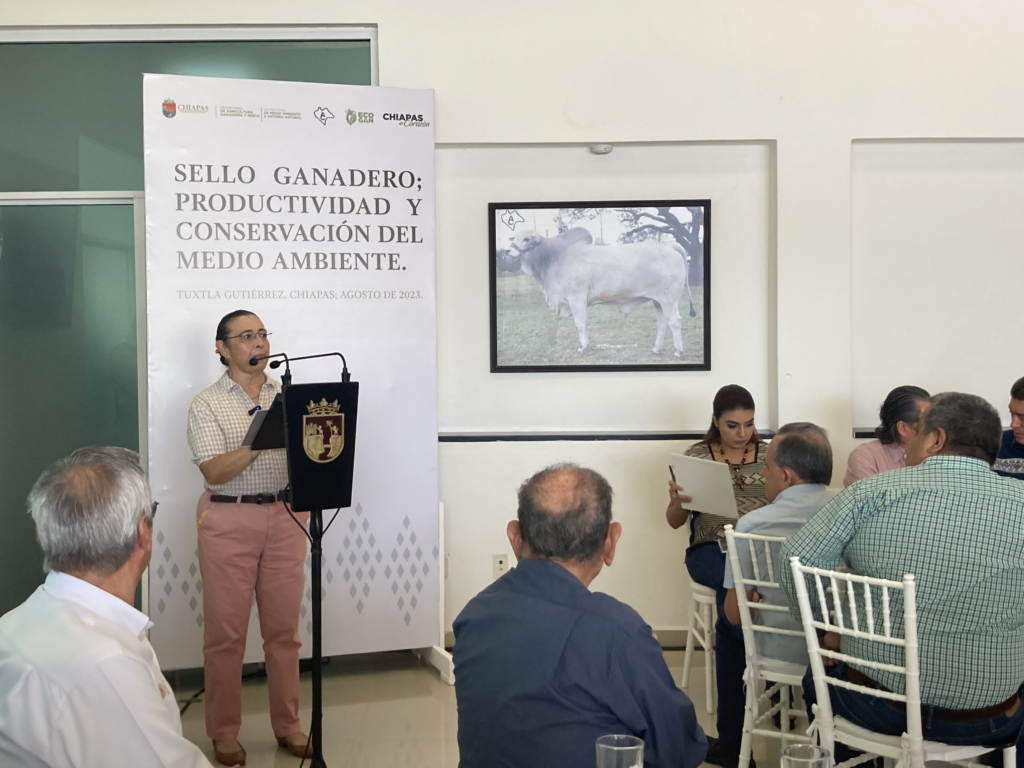
María del Rosario Bonifaz, titular de la SEMAHN Chiapas (Courtesy of Pronatura Sur)
The presentation event was attended by the Governor of the State, Rutilio Escandón Cadenas, who reiterated his commitment to actions that seek to innovate in the fight against deforestation related to poor livestock production practices in Chiapas. Similarly, the heads of SAGyP and SEMAHN, Zaynia Gil and María del Rosario Bonifaz, respectively, stated that the creation of this label seeks to strengthen the promotion of regenerative livestock practices in the state, thus creating quality products that can be marketed anywhere in the world, as they are practicing environmentally responsible production systems.
Bonifaz, who is also a delegate of the GCF Task Force Mexico, added at the close of her participation in the event that this initiative “will contribute to the fulfillment of commitments to reduce greenhouse gas emissions and the sector’s climate resilience, with improved capacities for adaptation to climate change and its variability”.
It is expected that once the pilot phase of the EcoGan label is completed, cattle producers will submit their applications to obtain it by complying with the requirements and eligibility criteria established in the regulations of both State Secretariats.
Presentation of results of the GCF Task Force’s Innovation Funding Window B in Yucatan and Jalisco
Yucatan – Actions to implement the State REDD+ Strategy (EEREDD+) for public-private investment in sustainable rural development: sustainable entrepreneurship in Mayan milpa, beekeeping, backyard gardens and biocultural and innovative PES.
The results of the Yucatan Window B project were presented at a meeting between producers, allied organizations, government agencies and funding agencies. The project was coordinated by the State Government through the Secretariat of Sustainable Development, with the support of the World Wildlife Fund (WWF) and the Intermunicipal Biocultural Board of Puuc (JIBIOPUUC). The actions carried out prioritized the areas identified by the Puuc Biocultural Region Investment Program as having the greatest risk of deforestation, due to the change in land use for agricultural production and the growth of rainfed agriculture, which has the greatest forest cover. The program also sought to articulate the implementation of a State policy for “low emission rural development” as a mechanism to reduce deforestation and forest degradation.
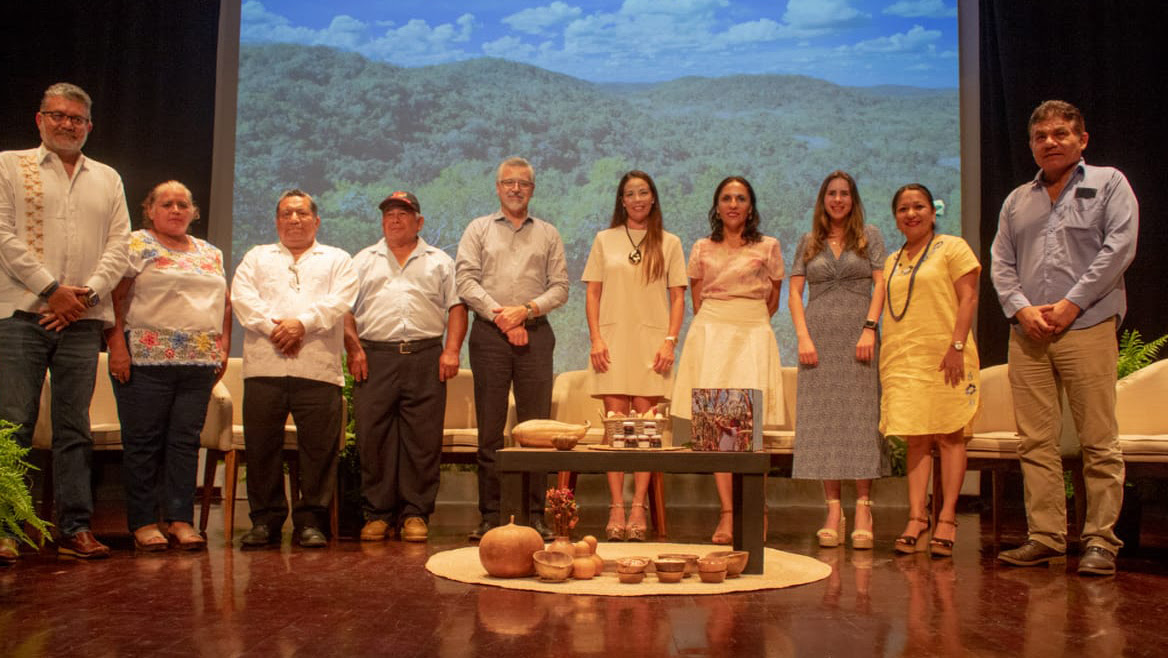
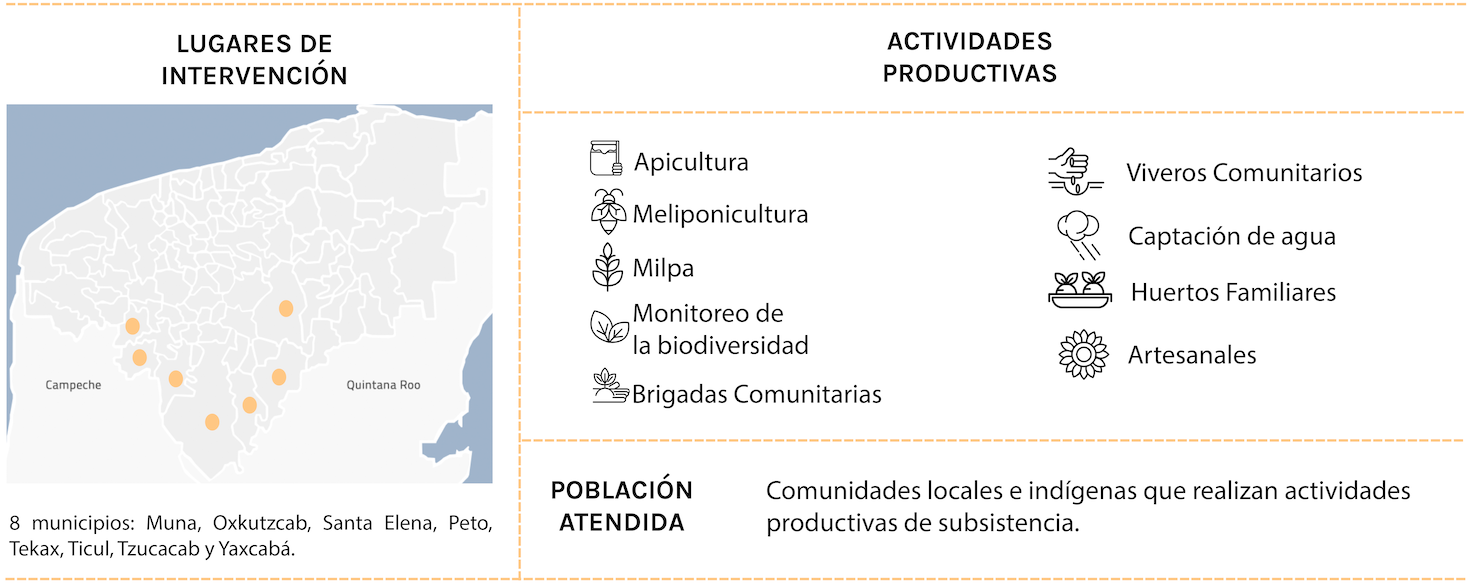

Jalisco – Deforestation-free meat in free-grazing systems: a production and marketing model in Jalisco.
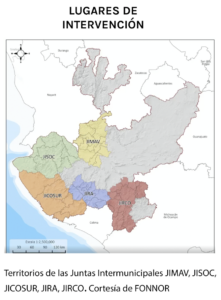
The Jalisco Window B project was coordinated by the Jalisco State Government through the Ministry of Environment and Territorial Development (SEMADET), with technical support from the United Nations Development Program (UNDP Mexico) and the implementation work of the Northwest and West Fund (FONNOR).
The objective of this initiative was to consolidate the sustainable livestock model of the State of Jalisco to reduce deforestation and forest degradation through the establishment of intensive silvopastoral systems and the commercialization of deforestation-free meat.
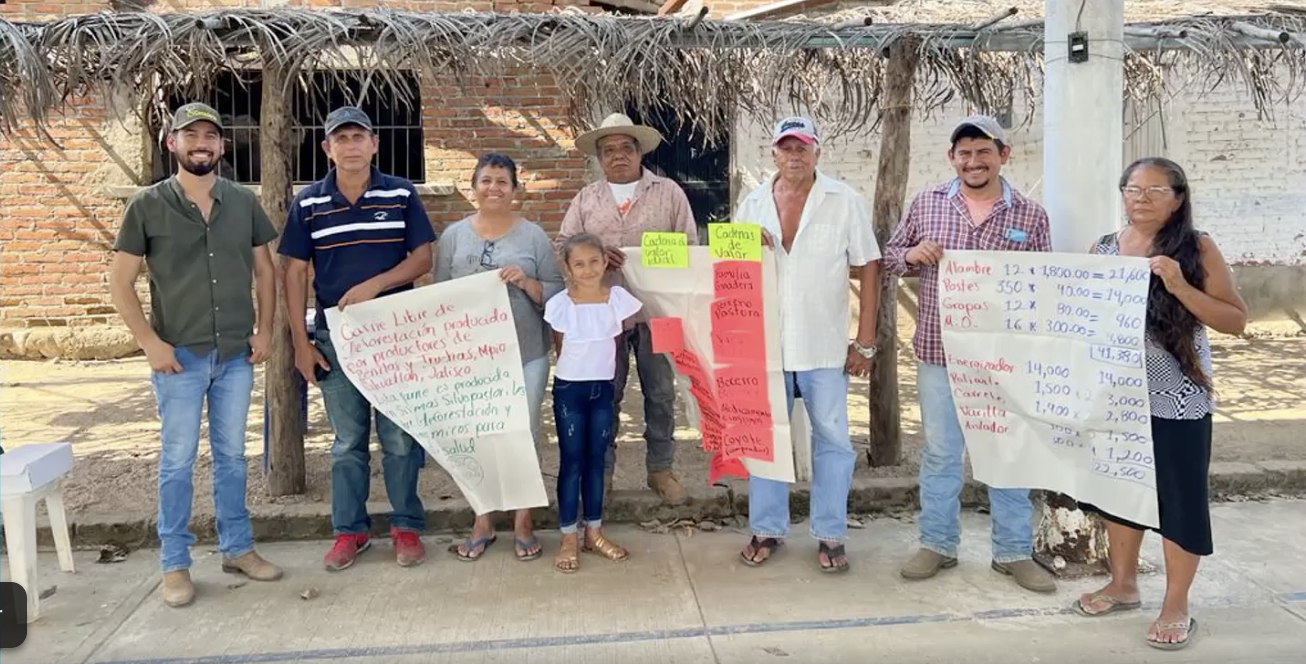
Courtesy of FONNOR



